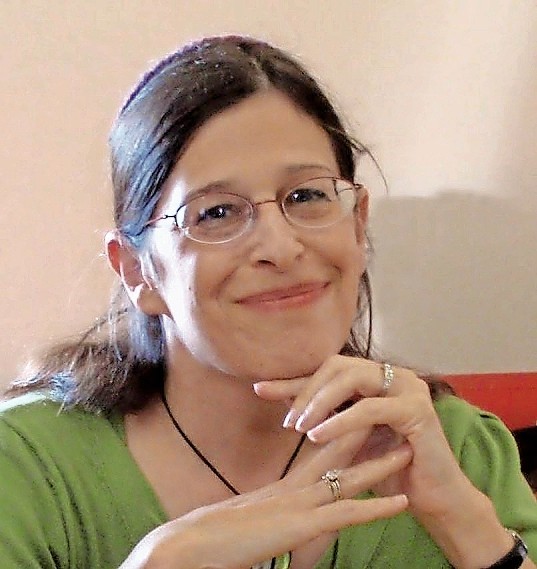Passover message from Rabbi Susan Elkodsi, of the Malverne Jewish Center
“Cooking and cleaning and so many dishes, out with the chametz no pasta, no knishes…” begins a favorite Passover song parody to the melody of “My Favorite Things.” Because of the biblical commandment to not possess any chametz (leavened foods) during the eight days of Passover, cleaning gets taken to new heights, and preparing for Passover takes only slightly less planning and organization than the invasion of Normandy.
At its most basic, the story of Yetziat Mitzrayim, the “Going Out of Egypt,” is one of new beginnings, a fresh start. But as we read over and over in the Torah, you can take the Israelites out of Egypt, but you can’t (necessarily) take Egypt out of the Israelites. Old habits die hard, and while a change of location and scenery certainly helps to propel change forward, more often than not, we experience the same stuff, just on a different day and in a different place.
Throughout their wandering in the wilderness, the Israelites learn how to be a free people, and God learns how to be their God. Consider, for example, the incident of the Golden Calf. When it appeared that Moses was delayed in descending from Mt. Sinai, the people began to panic, and asked his brother, Aaron, to make them a god to worship, which he did. Let’s just say that God was not amused. So why does Aaron appear to not be punished for such a serious violation of the commandments?
While I can’t speak for God, I’d like to suggest that the Golden Calf was a “wake-up call” for God; it showed God that the people weren’t ready to accept a transcendent Deity, they needed something tangible on which to focus, and which would serve as a vehicle for their devotion. Perhaps Aaron understood this, and perhaps I give him too much credit, but both God and the Israelites needed to learn how to navigate a new way of life and a new relationship with each other. Either way, old habits die hard, and as oppressive as slavery in Egypt was, there was comfort in the routine; there was an element of certainty in their lives. Change requires stepping out of one’s comfort zone and entering uncharted territory, and that takes a leap of faith.
Coming as it does in the spring, it might seem as though Passover prep is the origin of “Spring Cleaning,” and it’s a good opportunity to get into the far recesses and corners, and perhaps evict the dust bunnies, but as the late Joan Rivers quipped, “You wash the dishes and vacuum the floors, and six months later you have to start all over again.” And we do.
Metaphorically and tangibly, preparing for Passover help us to clear out the spiritual and emotional chametz in addition to the physical. Before we can fix the world, however, we need to examine ourselves and our own lives. Like the Israelites who couldn’t give up a tangible symbol to worship, what negative thoughts, habits and activities have we not been able to let go of? What personal chametz do we need to remove along with the bread, cookies and cake?
May you and your loved ones have meaningful seders and a sweet holiday.
Susan Elkodsi is the rabbi for the Malverne Jewish Center, which is located at 1 Norwood Ave., Malverne. For more information on the MJC’s events, visit www.malvernejc.org/events/

 50.0°,
Overcast
50.0°,
Overcast 




